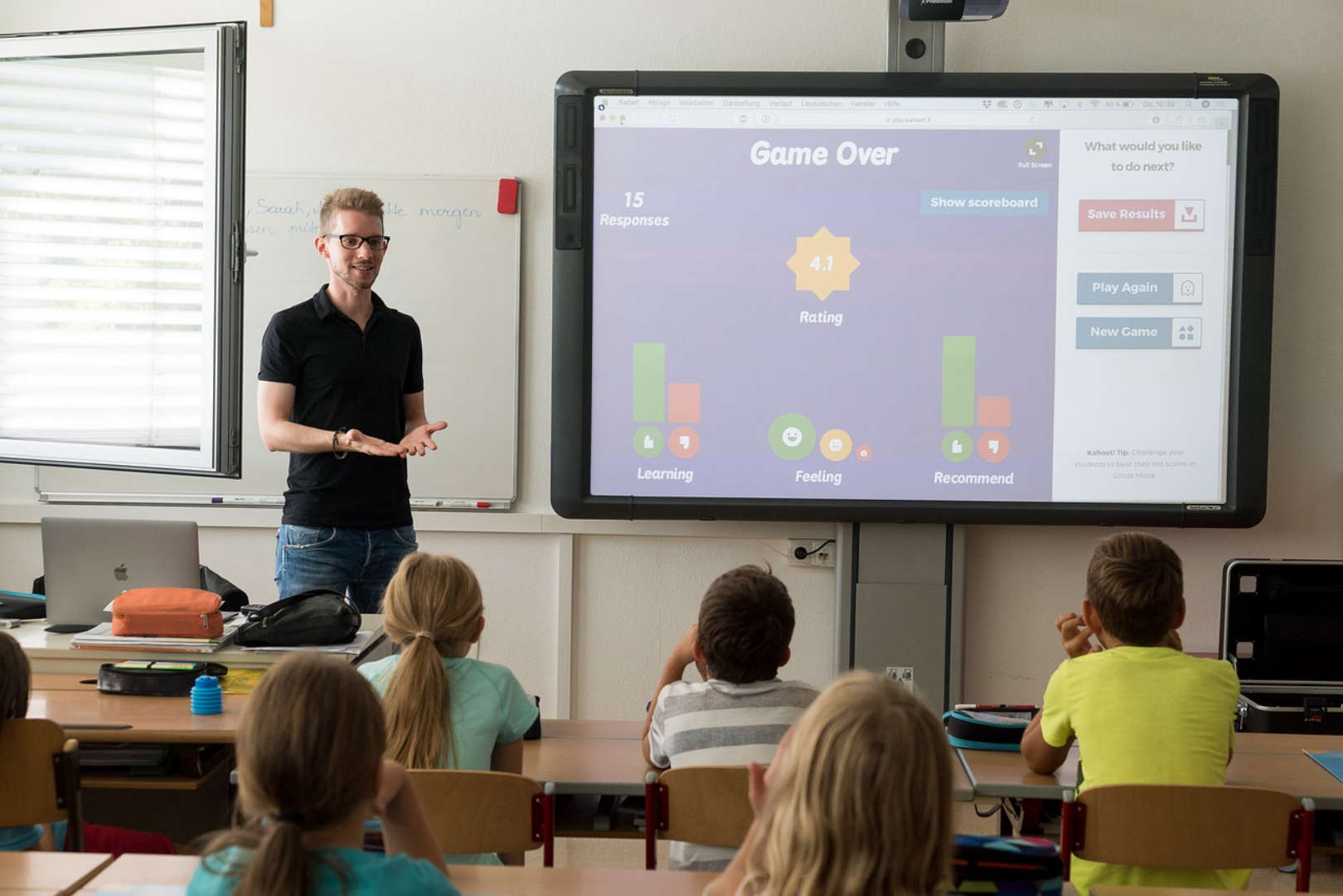About
Associate Professor with Habilitation at University of Trás-os-Montes e Alto Douro (UTAD) and Senior Researcher at INESC TEC.
He earned a doctorate in UTAD in 2002 in Electrical Engineering and held in 2008 the Habilitation in Informatics/Accessibility. I was Associate Professor in December 2012.
He was Pro-Rector for Innovation and Information Management at UTAD, from 23 July 2010 to 29 July 2013.
He produced over 150 scientific papers, including book chapters, journal articles and articles in proceedings of scientific events. He supervised 40 postgraduate students (masters and doctorates).
He was member of the research team in 35 research and development projects.
He was member of several organizing committees of the international scientific meetings. In 2006 he directed the team that created the conference "Software Development and Technologies for Enhancing Accessibility and Fighting Info-exclusion (www.dsai.ws/2016) and in 2016 the conference Technology and Innovation is Sports, Health and Wellbeing (www.tishw.ws/2016).
The main research interests are: Digital Image Processing, Accessibility and Human Computer Interaction.
Google Scholar: http://scholar.google.com/citations?user=HBVvNYQAAAAJ&hl=en
SCOPUS: http://www.scopus.com/authid/detail.url?authorId=20435746800





